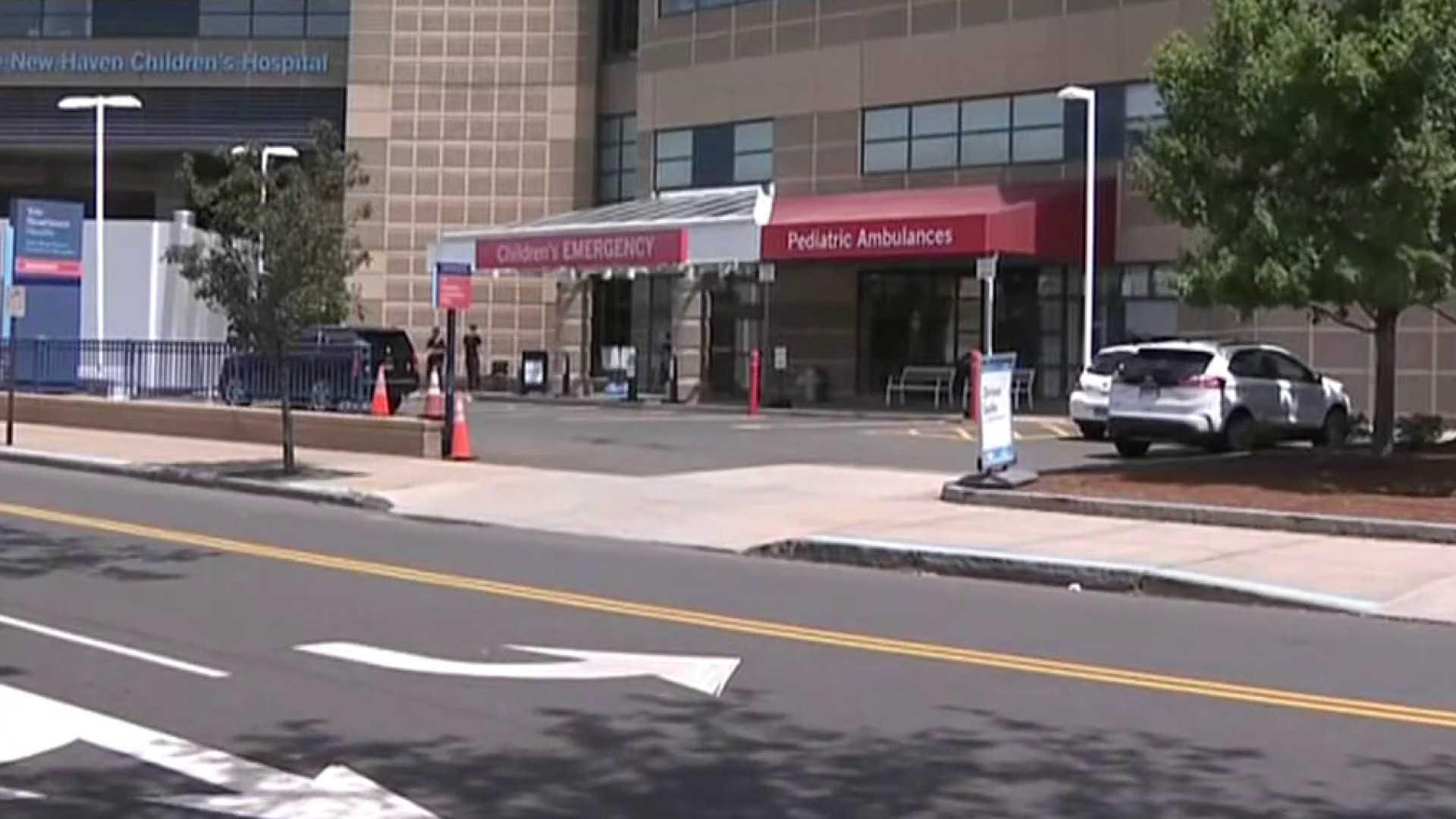Tax relief in our state is long overdue.
With an overflowing rainy day fund and big payments continually being made to the state's long-term debt, Governor Ned Lamont is poised to get one of the biggest tac cuts in state history.
Though some Democrats argue that it doesn't do enough to help the poor. Republicans want more cuts to help small businesses survive.
With the legislative session ending in the first week of June, it's almost crunch time of lawmakers. Some key state Republicans are supportive of the governor's plan, but would like to make some of these tax cuts permanent.
Get Connecticut local news, weather forecasts and entertainment stories to your inbox. Sign up for NBC Connecticut newsletters.
NBC Connecticut's Mike Hydeck spoke with Republican Senate Leader Kevin Kelly (R - Stratford) about the issue.
Mike Hydeck: So which of the cuts do you believe should be permanent, in your view?
Kevin Kelly: Well, you know, what we're focused on is the working and middle class families, and making sure that Connecticut is as affordable as it can be, because heavens knows that Connecticut's budgets for the families is very difficult to meet because of the unaffordability of our state. We'd like to see a permanent relief in the area, particularly, of an income tax cut, not only going forward, but we'd like to see it retroactive to the beginning of the year. Let's keep in mind that Connecticut is awash in money, not because government actually managed the money that they had better. In other words, it's not like we had a $25 billion budget, and they they ran government at $23 billion, creating that surplus. The surplus was because of the inflation, where we had high sales tax, high gross receipts on gasoline, and actually some windfalls in capital gains that are the result of over collected taxes. In other words, $27 billion for a $25 billion budget. So we really have to give that back in my view, to the taxpayers who earned that.
Face the Facts
Face the Facts with NBC Connecticut goes beyond the headlines, asking newsmakers the tough questions, giving an in-depth analysis of the big stories.
Mike Hydeck: Do you have numbers? Do you have numbers in mind, the governor is talking about certain tax brackets being reduced by a half percent. Do you have numbers in mind for the levels of income?
Kevin Kelly: I think we would be tracking the same income levels. It's just instead of looking only at the next year, starting next fiscal year, we're going to be looking at this year. We would go back to January 1 of 2023 rather than wait until next year when people are going to file their taxes in 2025 to get those funds. We want to start seeing people feel that right now. That's what we would like to do. And go beyond that. I think we got to look at property tax relief. We'd like to expand that property tax credit. Also give a deduction for people with children, rather than using a targeted approach, like a lot of the majority are talking and only for a limited number of kids. We'd like to make that more broad-based and make it a deduction, as well, as you know, the truck tax. I mean, when you put a truck tax on the delivery of goods and services in the state of Connecticut, guess what happens? They get more expensive. Well, if we're awash in money and families are struggling, why are we putting more tax burden on them when we don't need the money? The budget's balanced.
Mike Hydeck: Let's go back to the child tax credit. Some groups say $250 per child. On the high end, other people think $600 per child. How would you like to see that metered out?
Kevin Kelly: Well, what we would like to see is a deduction of $2,000 per child that you would just take right off your income tax return that you're filing with the state of Connecticut, and anybody who has children would do that at the time that they file their income tax return. You know, what was noted last summer, when the same initiative came out from the majority was they put so many hoops and burdens on people in order to get to those funds that we didn't use them all. You had to apply for it, and then you had to get it back. And it would only work if you had a certain amount of income and only for I think it was at most three children. So if you had four or five or six, you didn't get the relief that you really deserved. I mean, families, particularly families with more children, are going to be even harder pressed to make ends meet in the state of Connecticut and need more help. So we just want to make sure every family with children gets a deduction. So they take it right at their income tax when they file their return. And that's what we think is easier, better and more efficient and helping more families. Broad-based.
Mike Hydeck: Let's talk small business. In your plan, there are some credits for small business. Some are still recovering from the pandemic. What would you like to see as far as helping small business moving forward?
Kevin Kelly: Well, we're going to track a lot of what the governor's doing with regards to human capital tax with workforce housing, but we'd like to also see our local farmers get some assistance. You know, the farmers, if they grow it local, you have farm to table food, but these are small businesses that operate in our neighborhoods and actually they're green. You know, the more open space we have, the better it is for our environment. And a lot of the tax credits that are available to them haven't been updated in decades. And we think it's only wise at this point to start helping our local farms to make sure that they continue to produce the great products that they do here in our state.
Mike Hydeck: I know I only have less than a minute, so you might not be able to fit all this in. The earned income tax credit, the governor is proposing boosting it for 30.5 to 40%. Is that something you'd support?
Kevin Kelly: Absolutely. I mean, that's workforce tax credits for working families. And the whole focus here, and this is where the Senate Republicans are positioned, is to make Connecticut more affordable. I know that we've put forward affordability plans on healthcare. We've put it forth on energy. Now it's come to taxes, and this is all designed to not only create better jobs for Connecticut families, but also to reduce that burden that the family budget is constantly under to try and make our state that little bit more affordable.



